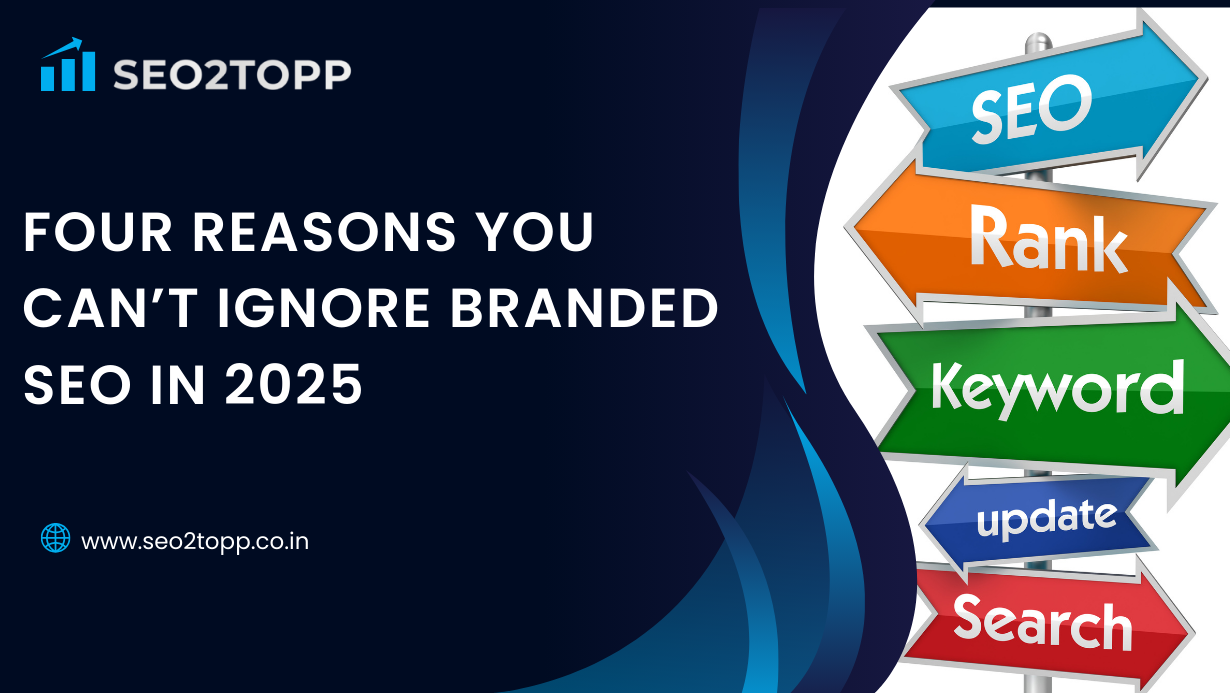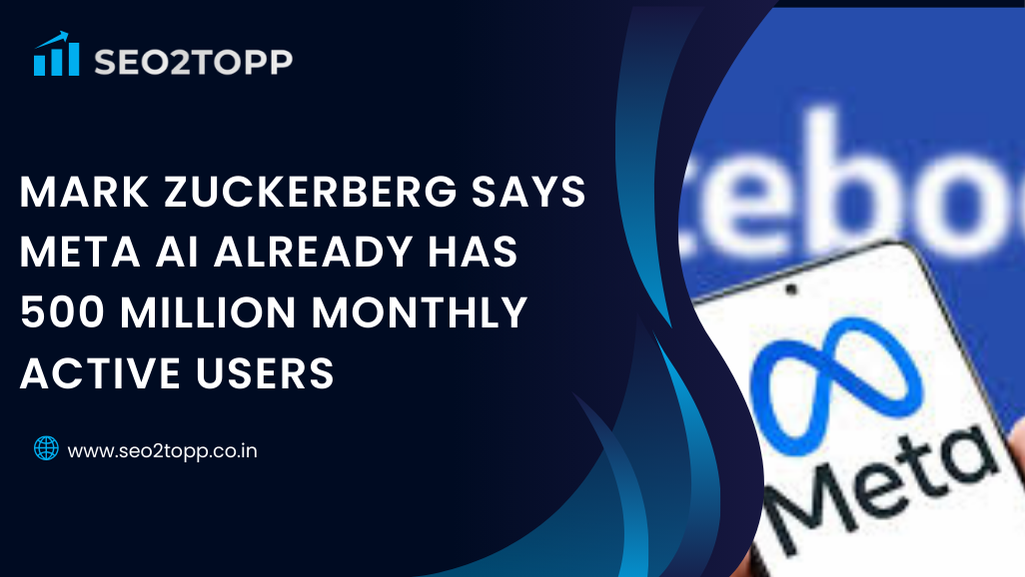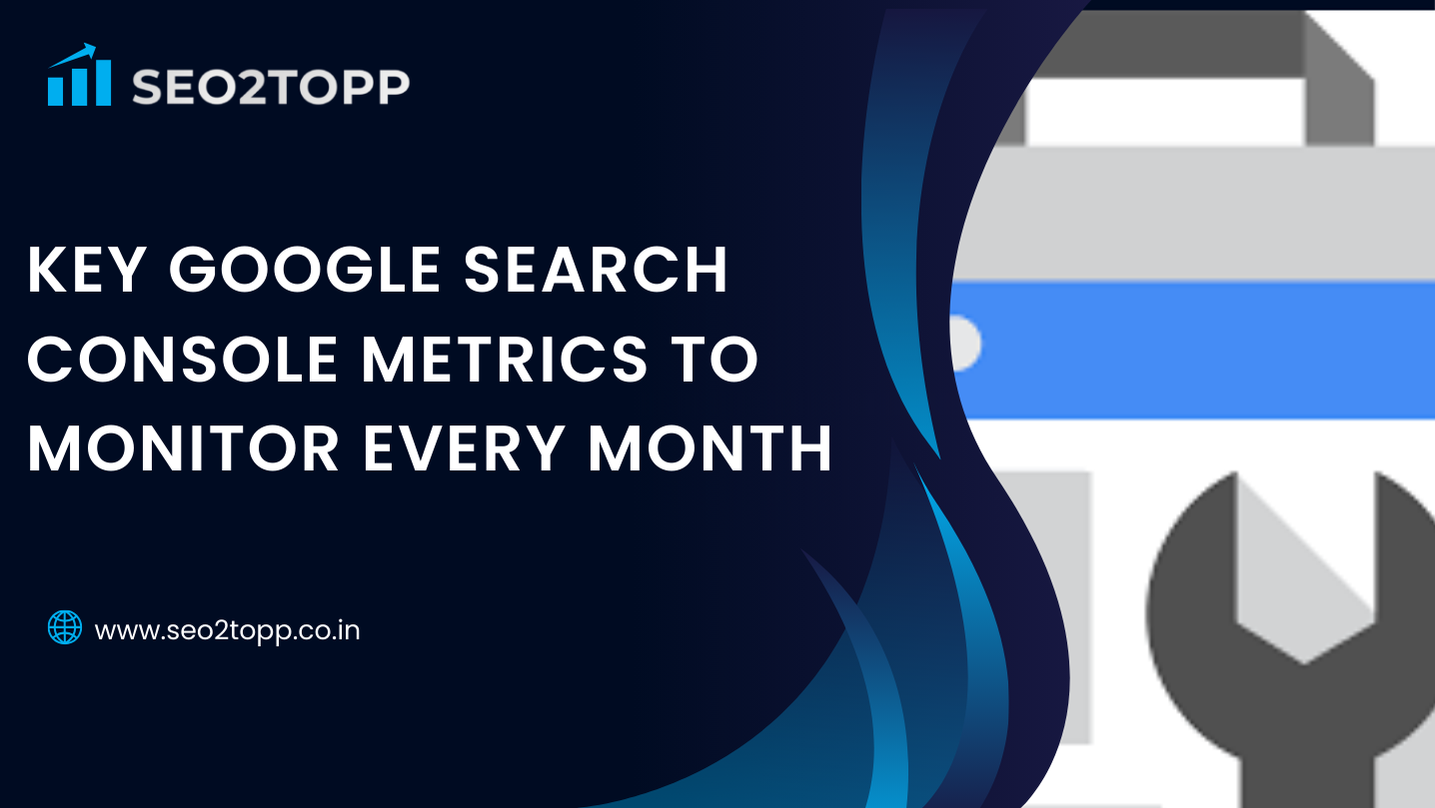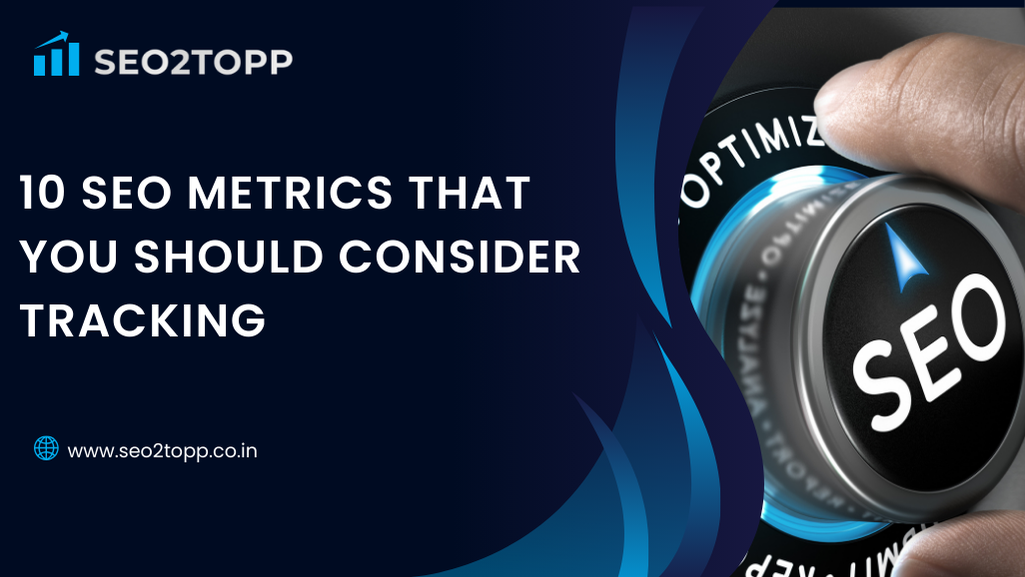As the SEO landscape continues to evolve, branded SEO has emerged as an essential pillar in digital marketing strategies. By 2025, focusing on branded SEO will be more critical than ever, as search engines are increasingly relying on brand-related signals to determine search rankings. But what exactly is branded SEO, and why should it be a priority in your strategy?
This post will explore four compelling reasons why branded SEO will be non-negotiable in 2025. By understanding how branded search queries, brand engagement, brand entity recognition, and modifier keywords play a crucial role, you’ll be better equipped to optimize your brand’s online presence.
What is Branded SEO?
Branded SEO refers to the optimization of your website and digital content for search queries that include your brand name or are closely associated with it. When people search for your brand (e.g., “Nike shoes” or “Tesla Model X”), that’s a branded search query. Branded SEO is about managing and increasing your brand’s visibility in those branded searches and shaping how search engines perceive your brand.
Why is Branded SEO Important?
Unlike non-branded SEO, which targets keywords without a specific brand association (e.g., “running shoes” or “electric cars”), branded SEO focuses on reinforcing your brand identity. It helps search engines understand who you are, what you offer, and how you stand out from competitors. The result? Better search visibility, more traffic, and improved brand trust.
Now, let’s dive into the four reasons why you need to prioritize branded SEO in 2025.
1. Branded Search Queries Build Trust and Authority
One of the most significant advantages of branded SEO is its ability to build trust and authority. Branded search queries—searches that include your brand name—signal to search engines like Google that users trust your brand. For instance, if many people search for your brand with terms like “Apple iPhone review,” Google recognizes that your brand is credible and authoritative.
Why Branded Queries Matter
Search engines interpret branded searches as a form of user intent that indicates reliability. If users are actively searching for your brand, Google considers this a strong sign that your brand holds value, and it can reward you by ranking you higher in both branded and non-branded searches. This branded traffic helps solidify your position in competitive markets and improves your click-through rates (CTR), further establishing your authority.
Consider this: a user searching for “Amazon Prime benefits” is likely much closer to making a purchase decision than someone who searches for “best online shopping memberships.” By the time someone is searching for your brand name, they are likely in the consideration or decision phase of their customer journey. Capitalizing on this is critical.
Actionable Tip: Improve Brand Visibility Through Targeted Campaigns
To increase the volume of branded queries, consider launching targeted marketing campaigns that build brand awareness. Social media ads, Google PPC campaigns, and even influencer marketing can all play a role in driving users to search for your brand by name. Additionally, encourage user-generated content that includes your brand, like reviews or testimonials, which can further increase branded searches.
Key takeaway: Prioritize branded queries to establish your business as a trusted authority in your industry.
2. Search Engines Use Brand Engagement Metrics for Ranking
Brand engagement metrics, such as click-through rates (CTR), bounce rates, and time spent on your website, significantly impact your branded SEO. Google’s algorithms pay close attention to these metrics because they reflect the user experience. If users engage deeply with your brand content, spend more time on your site, or click on multiple pages, this indicates that your website provides value.
The Power of Engagement
Search engines are not just looking for what people search; they’re paying attention to how people interact with your brand once they find it. High engagement metrics show that users find your content useful and relevant. If you’re consistently providing valuable content, search engines will be more likely to rank you higher, not just for branded keywords but also for non-branded ones.
Consider your bounce rate. If a large percentage of users click on your site and immediately leave, it’s a sign that your site doesn’t meet their expectations. Improving this by delivering high-quality content or optimizing your website’s design can increase your brand engagement and positively impact your rankings.
Actionable Tip: Create Engaging Content and Optimize for UX
Invest in content that not only informs but also engages your audience. For example, interactive content—like quizzes, polls, and videos—keeps users on your site longer, which improves your engagement metrics. Also, optimize your website for user experience (UX) by enhancing navigation, improving page load times and making your content easily digestible. Simple tweaks like improving website layout or adding easy-to-use navigation bars can go a long way.
Key takeaway: Better brand engagement translates to better rankings. The longer users engage with your site, the more Google rewards you.
3. Leveraging Branded + Modifier Keywords for Targeted Traffic
Branded SEO also includes optimizing for modifier keywords that users naturally append to your brand searches. These might include terms like “reviews,” “pricing,” “alternatives,” or “vs competitors.” For example, someone searching for “Apple iPhone 13 vs Samsung Galaxy” or “Amazon Prime membership pricing” is using branded + modifier keywords.
Why Modifier Keywords Are Important
Modifier keywords are an essential part of branded SEO because they signal purchase intent. People searching for your brand with a specific modifier are often ready to make a decision, which means they are high-quality leads. By targeting these keywords, you can guide users to the information they need, thereby increasing the likelihood of conversion.
Moreover, users searching for branded + modifier keywords are further down the marketing funnel, making them prime candidates for conversion. These searches also provide insights into customer needs and concerns, allowing you to address them more effectively.
Actionable Tip: Target Branded + Modifier Keywords with Targeted Content
To capture branded + modifier search traffic, consider creating specific landing pages or blog posts that address common user queries. For example, a landing page dedicated to “Nike running shoes reviews” could capture users searching for product reviews, while a comparison page like “Nike vs Adidas running shoes” could target users comparing brands.
Use tools like Google’s Keyword Planner or Ahrefs to identify the most relevant branded + modifier keywords and create content that answers those search queries directly.
Key takeaway: Branded + modifier keywords attract highly qualified traffic and give you the opportunity to meet users at the critical decision-making stage.
4. Educating Google About Your Brand Entity
In 2025, branded SEO will not just be about search queries it will also be about brand entities. Google has shifted towards recognizing and understanding brand entities—essentially, how it categorizes your brand in relation to other brands, industries, and topics. In this context, your “brand entity” is how search engines understand your business as a whole.
How to Strengthen Your Brand Entity
Google’s Knowledge Graph is a key tool that helps it understand entities, including your brand. If your brand has a well-established entity, it means Google has a clear understanding of your brand’s identity, its products, its place in the industry, and how it interacts with other entities (like competitors or industry terms). Brands that are recognized as strong entities are likely to be ranked higher for relevant searches.
To strengthen your brand entity, it’s important to establish clear, consistent information across your website and across the web. This includes using structured data and schema markup to provide search engines with accurate information about your brand. Structured data helps search engines understand the relationship between different elements of your brand, such as products, services and locations.
Actionable Tip: Build Brand Consistency
Ensure that your brand is consistently represented across your website, social media platforms, and third-party sites. Use schema markup to signal to Google what your brand is about and how it should be categorized. Additionally, keep your Google My Business profile updated with accurate information, as it plays a significant role in how Google perceives your brand.
Key takeaway: Educating Google about your brand entity helps search engines better understand your business, improving your visibility and search rankings.
Conclusion: Why You Can’t Ignore Branded SEO in 2025
As SEO continues to evolve, branded SEO has become a key strategy for gaining a competitive advantage in search rankings. In 2025, branded search will play an even larger role in determining your business’s online visibility. By focusing on branded queries, improving engagement metrics, leveraging modifier keywords and educating Google about your brand, you’ll be well-positioned to drive long-term success.
At Seo2topp, we specialize in helping businesses optimize their branded SEO strategies. Our team of experts can help you build a strong brand presence that captures more traffic, improves rankings and converts more leads. Contact us today to see how we can help you elevate your brand in 2025 and beyond!
Ready to grow your brand’s online presence? Let Seo2topp help you achieve your branded SEO goals with tailored solutions that drive real results.










Leave a Reply